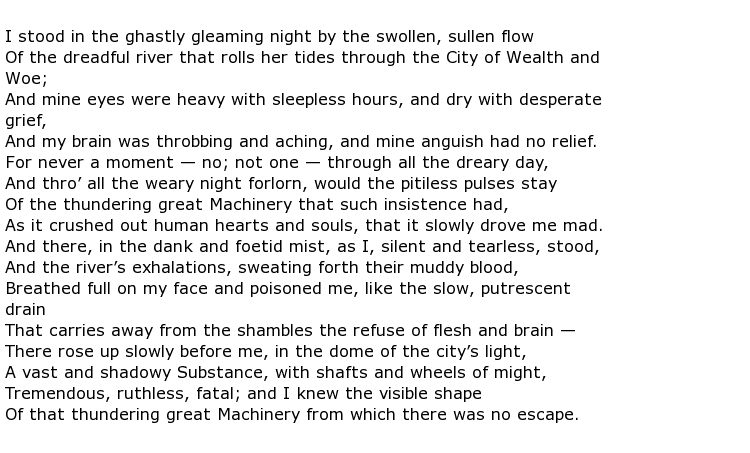 Francis William Lauderdale Adams was a 19th century Australian writer although he was actually born on the island of Malta. He lived only a short life but his literary output of poetry, novels and plays was considerable. He also spent time as a journalist, school teacher and was briefly an attaché in Paris.
Francis William Lauderdale Adams was a 19th century Australian writer although he was actually born on the island of Malta. He lived only a short life but his literary output of poetry, novels and plays was considerable. He also spent time as a journalist, school teacher and was briefly an attaché in Paris.
He was born on the 27th September 1862, the son of an army surgeon. His mother Bertha Jane Grundy was already known as a novelist so it is likely that Francis got his inspiration to write from her. He was sent to England for his education at the fee-paying Shrewsbury School and his first job, at the age of 17, was the Paris appointment. Two years of teaching on the Isle of Wight followed but then, following his marriage in 1884, he emigrated to New South Wales where he took up another teaching job.
Adams had ambitions to become a writer though and moved to Sydney hoping that this location would help. He had already had his first collection of poetry published in London under the title Henry and Other Tales and he produced an autobiographical novel at about the same time called Leicester, an Autobiography. He found a good outlet for his work in publications such as the Sydney Bulletin amongst others.
He moved on once more, this time to Brisbane in Queensland and had Poetical Works published in 1886. Tragedy struck though when his wife died in childbirth and the baby was also lost. He must have been deeply affected by this although he did marry again and continued writing, also working as a journalist on the Brisbane Courier. In 1887 he had a collection of poetry which is generally believed to be his best work, titled Songs of the Army of the Night. Adams was a passionate writer and was never afraid to speak out against social injustices around the world.
An example of this was his poem At the West India Docks which is an angry, descriptive view of the misery along the River Thames endured by dock labourers paid a pittance for their hard labour. His imagery of the “thundering great Machinery” that dominates the river bank wherever you look is so vivid and his words struck a chord in industrial situations everywhere, with England an heavily-industrialised nation at that time. Here are the opening lines of this powerful poem:

Adams felt aggrieved at the social injustice meted out to the working classes at a time before old age or occupational pensions were paid out and when a man injured or sick had no recourse to social security payments to feed his family. Conservative politicians were ruffled by his words but it did not stop him saying what he felt about the unjustness of societies in so-called rich countries like Britain.
Perhaps he put so much emotional energy into his writing that his health suffered badly. He had been diagnosed with an incurable lung disease and he tried to alleviate his symptoms by spending time in Egypt during the last year of his life. Even here though he made himself busy with writing a critical account of the British occupation of that country which was not published until after his death.
It seems that he went to England to die, knowing that his time was running out. He had tuberculosis and suffered a haemorrhage that could well have been fatal. However, just to make sure that his life could not be prolonged, he shot himself in a lonely boarding house room in the Kentish seaside town of Margate. He had planned for this eventuality.
Francis William Lauderdale Adams died on the 4th September 1893 at the tragically young age of 30.

